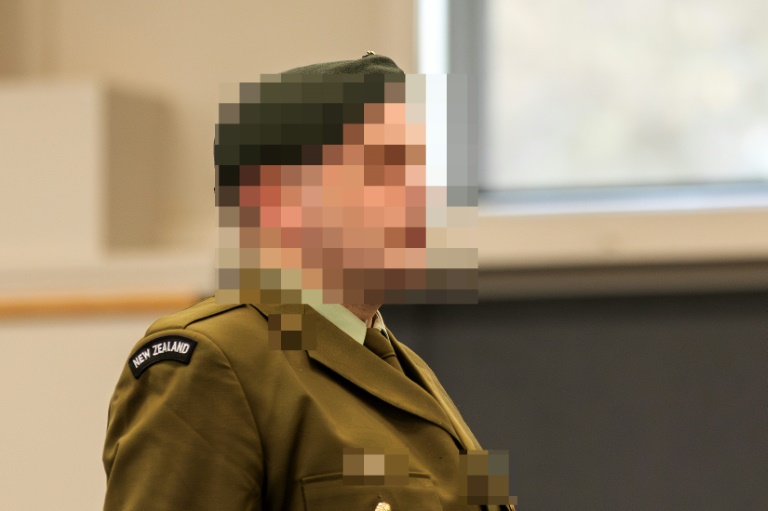World
New Zealand Soldier Sentenced to Two Years for Espionage Attempt

A military court in New Zealand has sentenced a soldier to two years’ detention for attempting espionage on behalf of a foreign power. The soldier, whose identity remains undisclosed, pleaded guilty to multiple charges, including attempted espionage, accessing a computer system for dishonest purposes, and knowingly possessing an objectionable publication.
The court martial, held at Linton Military Camp near Palmerston North, revealed that the soldier provided military base maps and photographs to an undercover officer posing as an agent of the foreign nation. This case marks a significant moment in New Zealand’s legal history, as it represents the first conviction for espionage in the country.
During the investigation, authorities discovered that the soldier had copies of a livestreamed video depicting the tragic events of March 15, 2019, when a white supremacist, Brenton Tarrant, killed 51 worshippers at two mosques in Christchurch. The soldier had become a person of interest following the attack, which prompted police to intensify their scrutiny of right-wing extremist groups, including the one to which he belonged.
While under investigation, the soldier reportedly made contact with a third party, indicating he was considering defecting. This revelation was part of an agreed summary presented by the prosecution during the court proceedings.
The identity of the foreign nation involved has been permanently suppressed by the military court, reflecting the sensitive nature of the case. The soldier was arrested in December 2019 and has spent nearly all of the time since then under what the New Zealand Defence Force termed “open arrest.” He lived on an army base under curfew conditions.
Despite the circumstances, the soldier remained on full pay during his detention, accumulating over NZ$400,000 (approximately US$230,000) since his arrest. During this period, he married and welcomed two children, with a third child on the way.
This case underscores the ongoing challenges New Zealand faces in addressing national security concerns, particularly related to right-wing extremism and the potential for espionage. The military’s proactive measures reflect a commitment to safeguarding national interests while navigating the complexities of modern threats.
As this story develops, the implications of such a conviction will likely influence future military and intelligence protocols within New Zealand. The case serves as a reminder of the delicate balance between national security and civil liberties, an issue that resonates globally.
-

 Science2 months ago
Science2 months agoToyoake City Proposes Daily Two-Hour Smartphone Use Limit
-

 Health2 months ago
Health2 months agoB.C. Review Reveals Urgent Need for Rare-Disease Drug Reforms
-

 Top Stories2 months ago
Top Stories2 months agoPedestrian Fatally Injured in Esquimalt Collision on August 14
-

 Technology2 months ago
Technology2 months agoDark Adventure Game “Bye Sweet Carole” Set for October Release
-

 World2 months ago
World2 months agoJimmy Lai’s Defense Challenges Charges Under National Security Law
-

 Technology2 months ago
Technology2 months agoKonami Revives Iconic Metal Gear Solid Delta Ahead of Release
-

 Technology2 months ago
Technology2 months agoSnapmaker U1 Color 3D Printer Redefines Speed and Sustainability
-

 Technology2 months ago
Technology2 months agoAION Folding Knife: Redefining EDC Design with Premium Materials
-

 Business2 months ago
Business2 months agoGordon Murray Automotive Unveils S1 LM and Le Mans GTR at Monterey
-

 Technology2 months ago
Technology2 months agoSolve Today’s Wordle Challenge: Hints and Answer for August 19
-

 Lifestyle2 months ago
Lifestyle2 months agoVictoria’s Pop-Up Shop Shines Light on B.C.’s Wolf Cull
-

 Technology2 months ago
Technology2 months agoApple Expands Self-Service Repair Program to Canada








